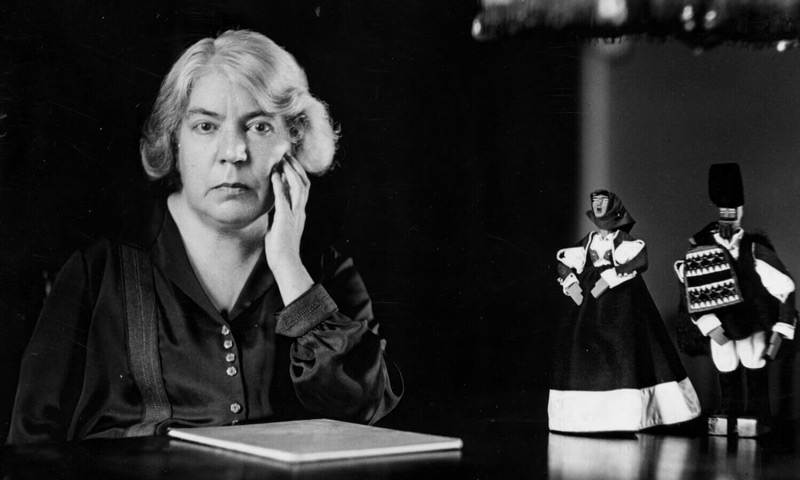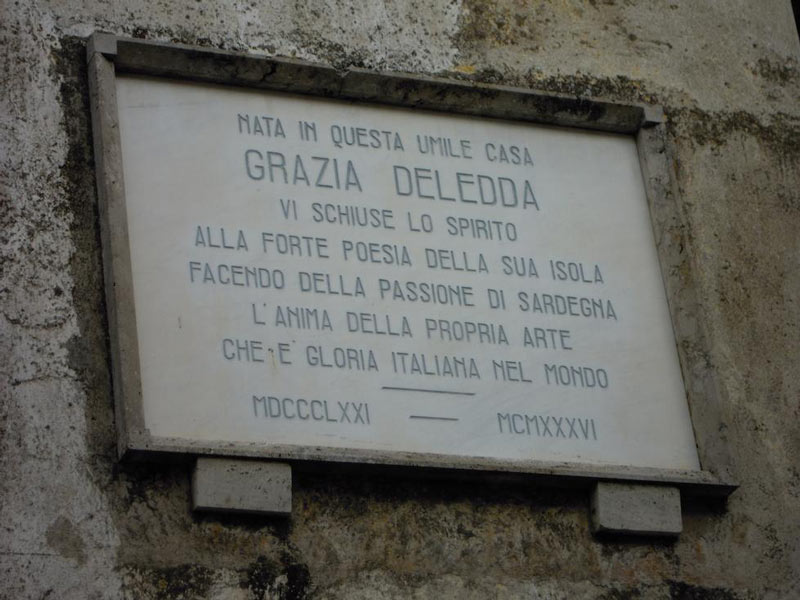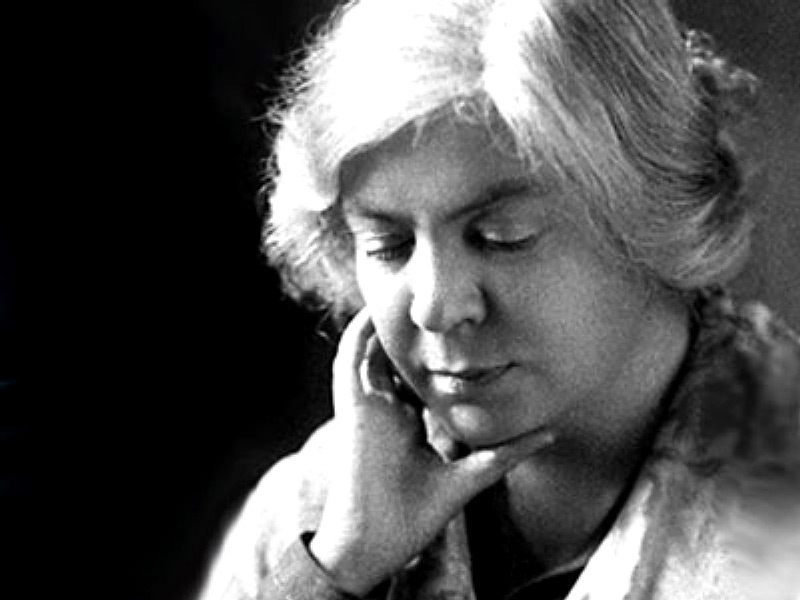Italian glassware: the precious tradition that shines on the table
Italian's Excellence https://www.italiansexcellence.it/wp-content/uploads/2024/05/iex.png
200
63
https://www.italiansexcellence.it/wp-content/uploads/2019/11/Italian-glasswere.jpg
800
480
https://www.italiansexcellence.it/wp-content/uploads/2024/05/iex.png
200
63
https://www.italiansexcellence.it/wp-content/uploads/2019/11/Italian-glasswere.jpg
800
480



